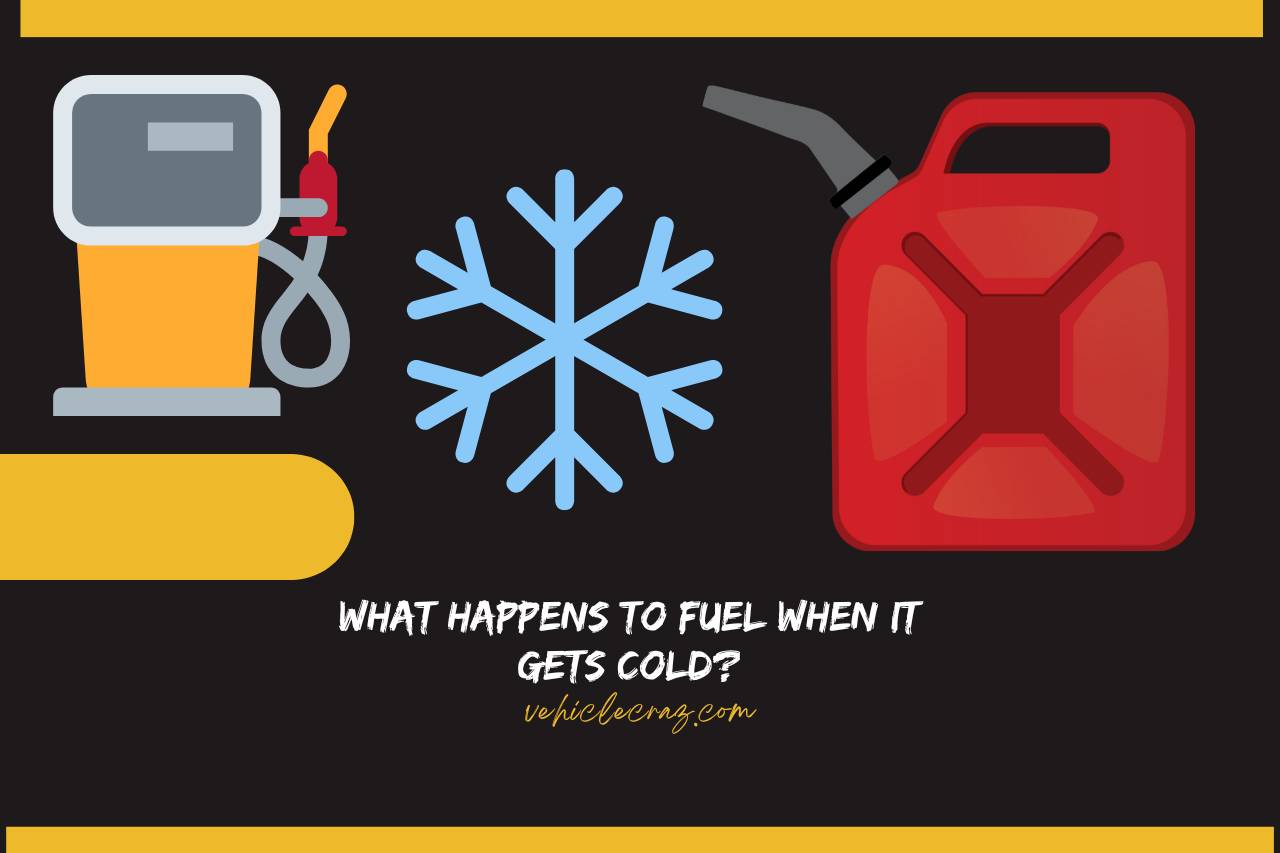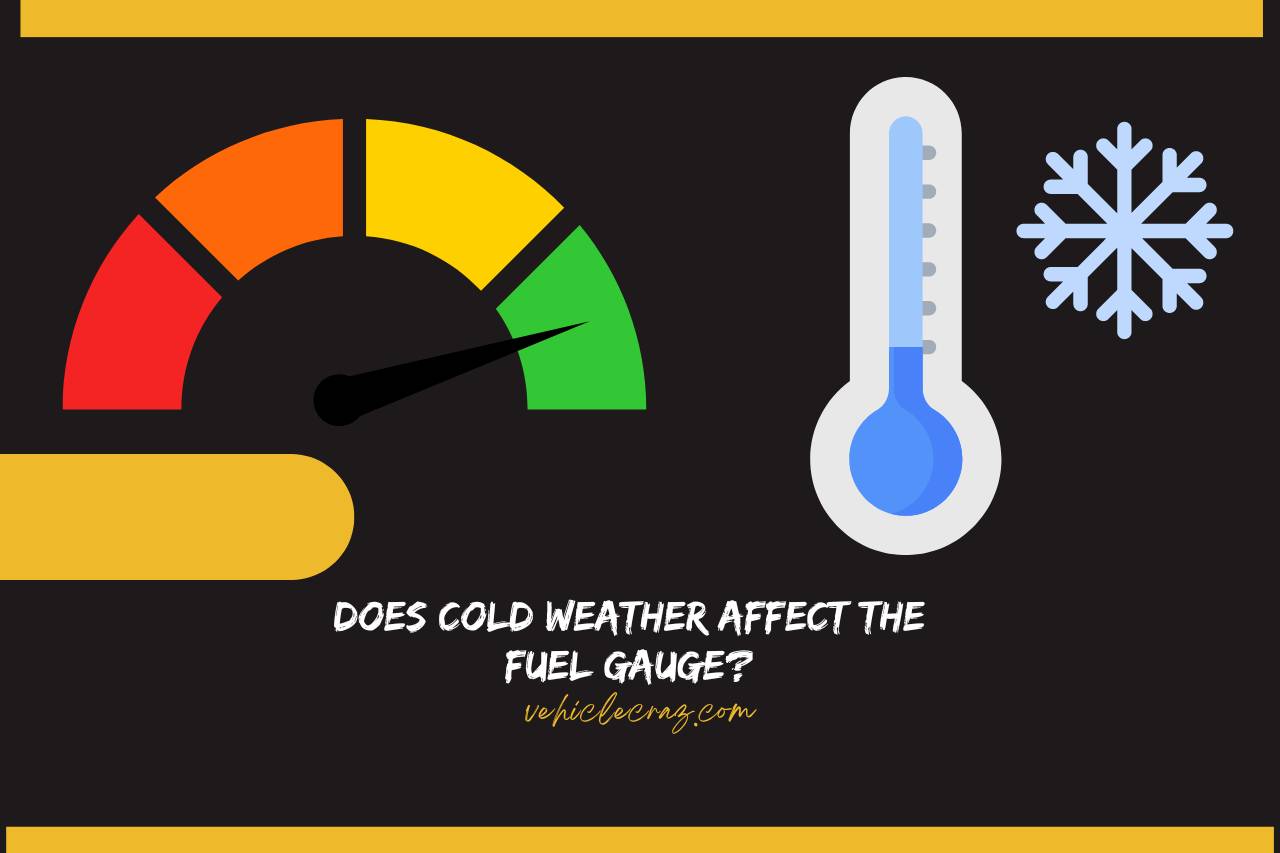Does Cold Weather Affect the Fuel Gauge?
The active performance of the fuel gauge is highly important to any driver as it shows the exact fuel level in the tank. But if you live in a colder area, you might notice that the fuel gauge readings are not accurate.
Does cold weather affect the fuel gauge? If you have this doubt, this discussion will be beneficial to you. In this blog post, we will be discovering how cold weather impacts the accuracy of fuel gauges. Moreover, let’s find out what happens to the fuel when there is chilly weather.
Does Cold Weather Affect the Fuel Gauge?
Yes, cold weather can affect the fuel gauge’s performance. The temperature can lead to changes in the state of the fuel, causing it to become less dense and more prone to evaporation.
When the fuel evaporates, it may result in the fuel gauge displaying a lower reading than the actual amount of fuel in the tank.
This occurrence is frequently observed in older vehicles equipped with carburetor systems, but it can also impact modern vehicles with fuel injection systems, particularly when the temperature falls below freezing.
Thus, the cold weather itself doesn’t directly impact the fuel gauge, but extreme temperatures can have effects on the components associated with the fuel system.
Let’s see how cold weather indirectly influences the fuel gauge; check the points below:
- Fuel Contraction: In extremely cold temperatures, the fuel in the tank can contract. This contraction might cause the float or sensor in the fuel tank to read lower levels than usual. As a result, the fuel gauge will show a lower fuel level.
- Battery Performance: Cold weather can affect the performance of your vehicle’s battery, too. If the battery is weak due to the cold, it may impact the electrical system to which the fuel gauge belongs.
- Electrical Resistance: Cold weather can increase electrical resistance in wiring and connections. If there’s already a marginal connection in the fuel gauge circuit, the cold might exacerbate the issue, leading to erratic readings.
- Instrument Cluster Issues: In some cases, extreme cold weather can affect the functionality of the instrument cluster itself. This could also result in incorrect readings on the fuel gauge.
It’s essential to note that these effects are generally indirect, and cold weather alone may not be the sole cause of fuel gauge problems. Thus, if you’re experiencing issues, it’s recommended to have a professional diagnosis.


What Happens to Fuel When It Gets Cold?
When it gets cold, the fuel becomes thicker. In the following points, we have described the impact of cold weather on fuel in detail.
- Contraction: Cold temperatures can cause the fuel to contract or become denser. So, this contraction may lead to a decrease in the volume occupied by the fuel.
- Increased Viscosity: Cold weather can make fuel more viscous, meaning it becomes thicker and flows less easily. This can impact how fuel moves through the fuel system.
- Potential for Wax Formation: In extremely cold conditions, certain components in diesel fuel may crystallize and form waxes. Then, the fuel filters can be clogged, and fuel flow becomes slower.
- Evaporation: While it may seem counterintuitive, cold temperatures can increase the likelihood of fuel evaporating. This is more relevant to volatile components in gasoline.
- Effect on Combustion: Cold fuel can affect the combustion process in an engine, too, potentially leading to incomplete combustion and reduced fuel efficiency.
- Condensation: Cold temperatures can cause moisture in the air to condense in the fuel tank, leading to the presence of water in the fuel. Water in the fuel system can cause issues such as corrosion and fuel contamination.
It’s important to note that the specific effects depend on the type of fuel (gasoline, diesel, etc.) and the composition of additives in the fuel.
Modern vehicles are equipped with systems to handle these variations and ensure optimal performance in various temperature conditions.


I’m Alex, a seasoned mechanical teacher with over 20 years of hands-on experience in Australia. My passion for all things automotive has driven me to establish this blog, aiming to share my wealth of knowledge and expertise with fellow enthusiasts, DIYers, and anyone keen on understanding the mechanics behind the machines we rely on daily.







